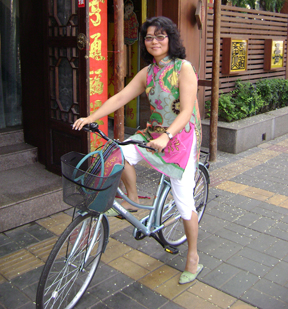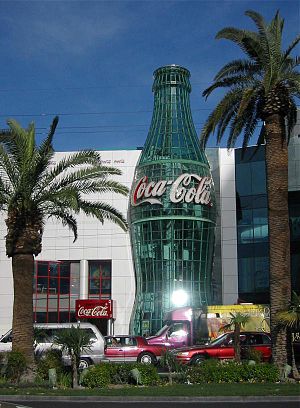Organizing CSR-mart 2009 - Rupert Hoogewerf
 Rupert Hoogewerf by Getty Images via Daylife
Rupert Hoogewerf by Getty Images via Daylife"The Wenchuan Earthquake has been a turning point for CSR in China," says Rupert Hoogewerf, CEO of Hurun Report. "Brands realise now the value of a good CSR programme, not because it is a nice thing to do, but because it is good for their business."
Senior decision makers from 56 companies, charities and social ventures participated in the event. During the day each participant was given up to twelve 20 minute meetings, giving them the opportunity to discuss partnership opportunities, share experiences and identify possible synergies. Participants included Baidu, Wal-mart, HSBC, Citibank, Tiffany, Clearworld Energy, WWF, Amity Foundation, Narada Foundation, Roots & Shoots, Surmang / Amara, FCA.
Commercial
Rupert Hoogewerf is also a speaker at the China Speakers Bureau. When you need him at your conference, do get in touch.

![Reblog this post [with Zemanta]](http://img.zemanta.com/reblog_c.png?x-id=9c93fcb4-d390-4047-902a-7c3909dcf7cc)
![Reblog this post [with Zemanta]](http://img.zemanta.com/reblog_c.png?x-id=28dad98c-63bf-4638-b762-e5c15fb52602)

![Reblog this post [with Zemanta]](http://img.zemanta.com/reblog_c.png?x-id=90786699-09c4-456c-a7cd-6787263f8b1f)

![Reblog this post [with Zemanta]](http://img.zemanta.com/reblog_c.png?x-id=e399afe0-307d-4a02-8a16-1d5e102d2843)


![Reblog this post [with Zemanta]](http://img.zemanta.com/reblog_c.png?x-id=8be5ee4f-3eda-4ddf-bf02-48ee26c866a1)


![Reblog this post [with Zemanta]](http://img.zemanta.com/reblog_c.png?x-id=5e561737-abed-4725-920d-ce889630ca83)

![Reblog this post [with Zemanta]](http://img.zemanta.com/reblog_c.png?x-id=a3e5a301-4fa3-4db6-9b75-5d2995a195bd)



![Reblog this post [with Zemanta]](http://img.zemanta.com/reblog_c.png?x-id=3e85687a-432c-4f44-b93b-f7112a4b2b03)


![Reblog this post [with Zemanta]](http://img.zemanta.com/reblog_c.png?x-id=041bb17c-0d32-48a2-aafe-9fe693133a63)

![Reblog this post [with Zemanta]](http://img.zemanta.com/reblog_c.png?x-id=5a9dac4f-1f8c-4c2f-a1a8-ecf88fcd75f0)

![Reblog this post [with Zemanta]](http://img.zemanta.com/reblog_c.png?x-id=c4c10f84-7296-459b-aada-98c1dd8ec1d8)
![Reblog this post [with Zemanta]](http://img.zemanta.com/reblog_c.png?x-id=357a44ba-510e-42b0-8a77-4c448dea0fca)

![Reblog this post [with Zemanta]](http://img.zemanta.com/reblog_c.png?x-id=debf3ac2-f0c4-47da-97dd-d1144591e4b7)

![Reblog this post [with Zemanta]](http://img.zemanta.com/reblog_c.png?x-id=bedbd85b-23dc-4c23-aca4-eb7882469210)


![Reblog this post [with Zemanta]](http://img.zemanta.com/reblog_c.png?x-id=32d7c065-f6a9-4b3f-8a4a-2db286f3c88a)

![Reblog this post [with Zemanta]](http://img.zemanta.com/reblog_c.png?x-id=caf102cb-0aab-46c0-84d5-ee187b9a7dce)
![Reblog this post [with Zemanta]](http://img.zemanta.com/reblog_c.png?x-id=60397483-bbb0-4f6c-8666-d9a6a7b85dce)

![Reblog this post [with Zemanta]](http://img.zemanta.com/reblog_c.png?x-id=6a73d392-6912-4ee8-9c98-7ca9a8f8a79f)

